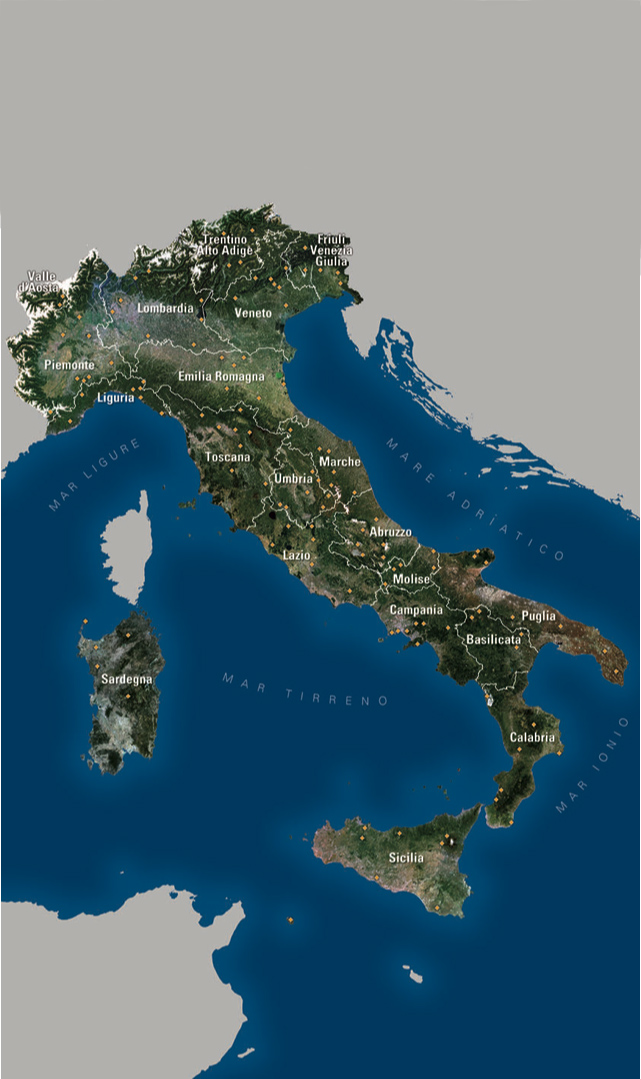ConsideringFAO Globally Important Agricultural Heritage Systems (hereinafter referred to asGIAHS) concept, that aims at international recognition, dynamic conservation and adaptive management of the world’s agri-cultural heritage systems for sustained food and livelihood security.
Noting the efforts of FAO and its partners in promoting and supporting the dynamic conservation of agricultural heritage systems around the world since 2002, and identification of 220 systems, notably in Algeria, Chile, China, India, Iran, Italy, Japan, Kenya, Mexico, Morocco, Peru, Philippines, Sri Lanka, Tanzania and Tunisia; and that FAO has established pilot sites in several countries, for which management approaches are implemented along with national and local stakeholder for integrating in situconservation with traditional knowledge, for continuous co-adaptation to a changing physical and socio-economic environment and for strengthening the resilience and co-evolutionary balance of agricultural systems and their associated landscapes and knowledge systems.
Considering that the Globally Important Agricultural Heritage Systems (GIAHS) initiative is now FAO corporate programme and has been financially supported by the International Fund for Agricultural Development (IFAD), and that GIAHS activities have been carried out in collaboration with United Nations Educational, Scientific and Cultural Organization (UNESCO), United Nations University (UNU), Gesellschaft für Internationale Zusammenarbeit (GIZ), International Centre for the Study of the Preservation and Restauration of Cultural Property (ICCROM), World Heritage Centre (WHC), Consultative Group on International Agricultural Research (CGIAR), International Union for Conservation of Nature (IUCN), Non-Governmental Organizations (NGOs) and other international and national government organizations, universities, private sector and civil society organizations.
Considering that the Department of European and International Policies and RuralDevelopment, General Directorate of Rural Development, has developed the National Register of Historical Rural Landscapes, in view of the creation of the National Inventory of Traditional Rural Landscapes and Traditional Practices.
Noting that the Ministry has also drafted strategies and actions for rural landscapes, within the framework of the National Strategic Plan for Rural Development 2007-2013, with the aim of promoting the role of rural heritage for the economic development, the environmental quality and the quality of life of the rural population.
Now therefore, FAO and the Ministry (hereafter jointly referred to as “the Parties”) have decided to conclude this Memorandum of Understanding (hereinafter referred to as the “Memorandum”) as follows:
Scope of cooperation:
The Parties agree to work together to promote dynamic conservation of GIAHS through appropriately coordinated support to related activities; and to cooperate by consultation, coordination of efforts, mutual assistance and joint action in thematic areas of common interest and in accordance with the objectives and strategic principles of GIAHS.
Areas of Cooperation:
The Partiesagree to cooperate inter aliain the following areas:
- Identifying areas as potential GIAHS, initiallyselected among the sites the National Register of Historical Rural Landscapes.
- Developing common strategies for the incorporation of GIAHS in rural development policies.
- Developing international activities to increase the number of GIAHS in the European rural territory.
- Developing research activities regardinginter alia: the role of traditional landscapes and traditional practice for the adaptation and mitigation to climate change; identify technological solutions aimed at supporting good practices in GIAHS with special reference toconservation of traditional rural practices connected to forests, pasture and cultivated areas.
- The development of planning and management strategies to improve the economicand environmental value of GIAHS, relating them to rural and environmental policies.
- Planning and organizing conferences, workshops and seminars at the national, regional or global level; promoting policy and strategic dialogue and interchange.
Technical Co-operation and Joint Action:
Whenever desirable, FAO and the Ministry may undertake and seek each other’s technical co-operation with a view to promoting the development of collaborative activities indicated in Article 2 of this Memorandum and may, through appropriate channels, conclude specific arrangements, including exchange of letters, for joint action with the aim of attaining objectives of mutual interest.



